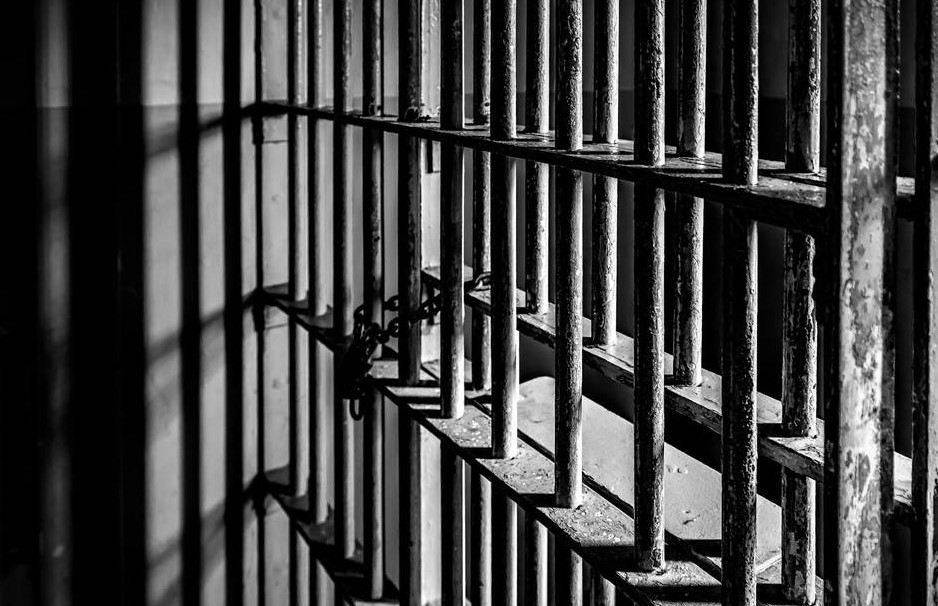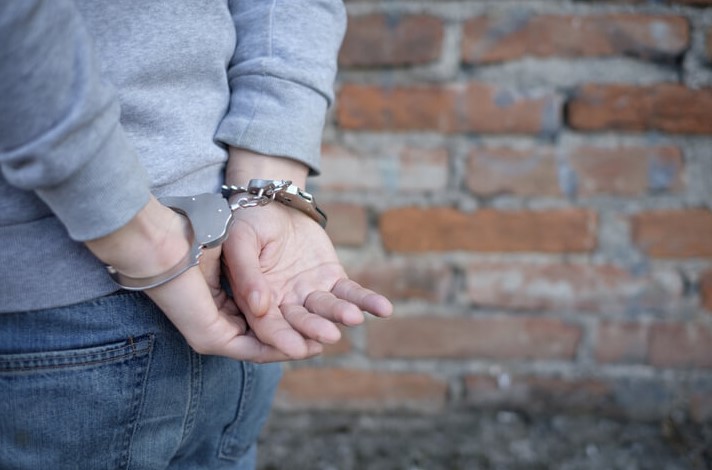In California, the right to self-defense is recognized, but it’s not a free pass. While you can defend yourself, there are limitations and legal requirements to consider. This article explores the nuances of self-defense laws in California and the possibility of facing jail time.
Self-Defense Laws in California

California follows the “duty to retreat” doctrine. This means you generally must try to avoid using force by escaping the situation if possible. However, there are exceptions:
- Defense in Your Home (Castle Doctrine): You don’t have a duty to retreat in your home (including a dwelling or curtilage). You can use reasonable force, including deadly force, to protect yourself from an intruder.
- No Duty to Retreat if Threat is Great: If the threat of harm is imminent and severe, you may not be obligated to retreat even in public spaces.
When is Self-Defense Justified in California?
California law allows the use of reasonable force, including deadly force if necessary, to protect yourself or others from imminent harm. Here are the key factors to consider:
- Reasonableness of Force: The force used must be proportional to the threat faced. You can’t respond with deadly force to a minor threat.
- Imminence of Harm: The danger must be immediate, not potential or future.
- Duty to Retreat (generally): In California, you generally have a duty to retreat from a dangerous situation if it’s safe to do so. This doesn’t apply in your own home (Castle Doctrine).
>>> Click Can You Use A Knife For Self-Defense In California?
Can you go to jail for self-defense in California?

In California, self-defense is legal, but it’s important to understand the nuances. You can be arrested even if you acted in self-defense. Here’s the breakdown:
- Right to Self-Defense: California law allows you to use reasonable force to protect yourself or others from immediate harm. This can include using deadly force if necessary.
- Not an Absolute Defense: This means you might still be arrested and charged with a crime. The court will decide if your actions were justified based on the concept of “reasonable force” under the circumstances.
- Key Factors: The court considers factors like the severity of the threat, the force you used, and whether you could have retreated safely.
Can You Be Arrested for Self-Defense?
Yes, even if you believe you acted in self-defense, you can still be arrested and charged with a crime. The police will investigate the incident, and prosecutors might decide to press charges. Here’s why:
- Unclear Circumstances: Initial investigations might not reveal the full picture, leading to an arrest while details are sorted.
- Disputed Claims: Your perception of the threat might differ from the attacker’s or witnesses’ accounts.
What Happens After a Self-Defense Claim?
If you’re arrested after a self-defense incident, here’s the likely course of action:
- Legal Representation: Seek a qualified criminal defense attorney experienced in self-defense cases.
- Evidence Gathering: Your lawyer will gather evidence to support your claim, including witness statements and any relevant physical evidence.
- Court Proceedings: The case might be dismissed before trial if the evidence clearly supports self-defense. Otherwise, it goes to trial where the jury decides if your actions were justified.
>>> Click What happens if you shoot someone in self-defense in California?
Minimizing the Risk of Jail Time

While there’s no guaranteed way to avoid arrest after a self-defense incident, here are some steps you can take to minimize the risk of jail time:
- Know the law: Familiarize yourself with California’s self-defense statutes.
- Seek medical attention: If you or anyone involved is injured, seek medical attention promptly. This creates a record of the incident.
- Remain silent: Don’t discuss the details of the incident with anyone except your lawyer.
- Cooperate with the investigation: Be honest and cooperative with law enforcement, but avoid making any incriminating statements.
Importance of Legal Representation
Self-defense laws are intricate, and the specific details of your situation will significantly impact the outcome. Consulting with an experienced criminal defense attorney specializing in self-defense cases is highly recommended. They can:
- Analyze the facts of your case: Your lawyer will assess the evidence and determine if your actions fall under the legal definition of self-defense.
- Build a strong defense strategy: They will develop a legal strategy to present your case effectively in court.
- Negotiate with prosecutors: In some situations, your attorney may be able to negotiate a favorable outcome with the prosecution, avoiding a trial altogether.
While California law allows for self-defense, it’s not a shield against potential legal consequences. Understanding the legal framework and seeking legal counsel are crucial steps if you find yourself in a situation where you’ve used force in self-defense.





